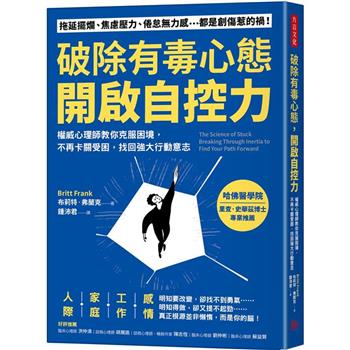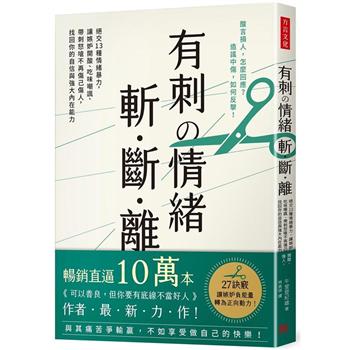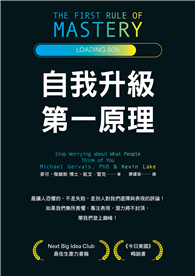In her 1974 Revolution in Poetic Language, Julia Kristeva resisted the abstract use of language, with its aim of totalization and finality, in all its colonizing and alienating forms. A major thinker and critic, Kristeva reappropriated Hegel’s concepts of desire and negativity, in conjunction with the thought of Heidegger, Arendt, Freud, and Lacan, to revolt against modernity’s culture of nihilism and the West’s inability to deal with loss. This collection celebrates the fiftieth anniversary of Revolution in Poetic Language by revisiting Kristeva’s oeuvre and establishing exciting new directions in Kristeva studies. Engaging with queer and transgender studies, disability studies, decolonial studies, and more, renowned and rising scholars plot continuities in-and push the boundaries of-Kristeva’s thinking about loss, revolution, and revolt. The volume also includes two essays by Kristeva, translated into English for the first time here-"The Impossibility of Loss" (1988) and "Of What Use Are Poets in Times of Distress?" (2016).










